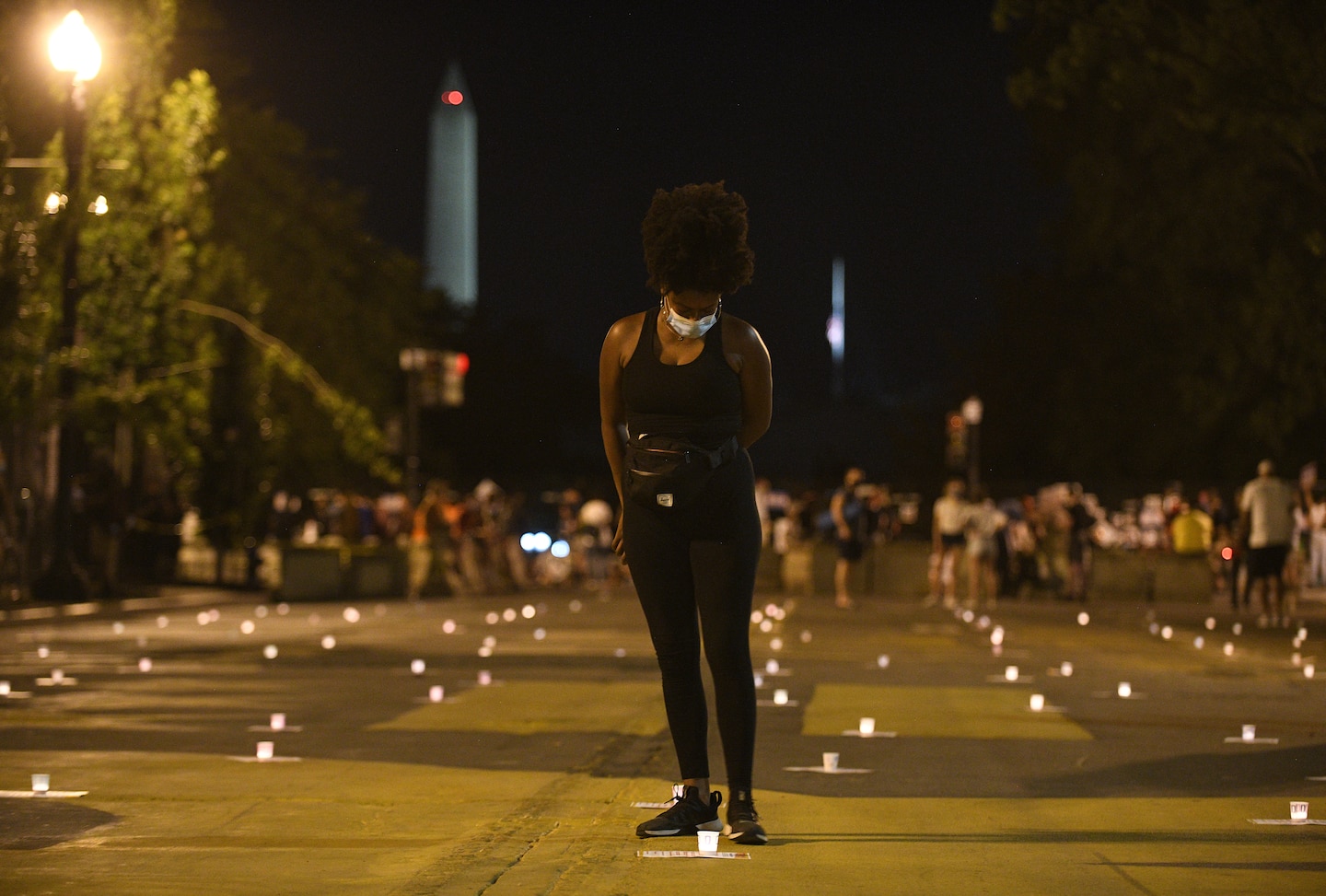On the eve of John Lewis’s death, a cruel Supreme Court blow to his legacy

That cruel fact was brought home Thursday, when the justices rebuffed an effort to restore voting rights to nearly a million felons in Florida who have served their sentences and, under an amendment to the state constitution adopted in 2018, should have had their franchise restored. But the Florida legislature, backed up by the state Supreme Court, interpreted the amendment — which conditioned the restoration of voting rights “upon completion of all terms of sentence, including parole or probation” — to include payments of fines, fees and restitution.
A federal-district court barred Florida from enforcing the law while it was being challenged, allowing felons who had served their sentences to register to vote in November. The judge said the state’s “pay-to-vote system” requiring people to pay fines they could not afford amounted to an unconstitutional poll tax. But the full 11th Circuit — where seven of the 12 active judges are Republican nominees, including six Trump-appointed judges, stepped in to lift that order, no explanation given. On Thursday, the Supreme Court refused to get involved.
Justice Sonia Sotomayor, joined by Justices Ruth Bader Ginsburg and Elena Kagan, stated the consequences clearly in the first sentence of their dissent: “This Court’s order prevents thousands of otherwise eligible voters from participating in Florida’s primary election simply because they are poor.” In short, they added, “Under this scheme, nearly a million otherwise-eligible citizens cannot vote unless they pay money.”
This is even worse than it sounds. First, not only can most of those affected not afford to pay the required amount, the Florida system is so messed up that the state can’t even tell people what they owe and won’t even be able to begin to do so until 2026. Meanwhile, voting while ineligible is itself a crime, meaning that those who guess wrong about how much they owe could be open to prosecution.
Second, as Sotomayor pointed out, the court’s refusal to intervene “continues a trend of condoning disfranchisement.” In a 2006 case, Purcell v. Gonzalez, the court outlined the principle that courts should not change voting rules too soon before the actual election. “Ironically, this Court has wielded Purcell as a reason to forbid courts to make voting safer during a pandemic, overriding two federal courts because any safety-related changes supposedly came too close to election day,” Sotomayor wrote, referring to the court’s actions earlier this year in election disputes from Wisconsin and Alabama. “Now, faced with an appellate court stay that disrupts a legal status quo and risks immense disfranchisement — a situation that Purcell sought to avoid — the Court balks.”
This is a court whose conservative majority appears serenely unconcerned by the kind of restrictions on the right to vote that Lewis worked so hard to dismantle. Consider the sad litany of cases: In 2013, Shelby County v. Holder cut out the heart of the Voting Rights Act, the requirement that certain states and jurisdictions with a history of discrimination submit voting changes for advance approval from the Justice Department.
“The Supreme Court has stuck a dagger into the heart of the Voting Rights Act,” Lewis lamented. “Those justices were never beaten or jailed for trying to register to vote. They have no friends who gave their lives for the right to vote. I want to say to them, Come and walk in my shoes.” In the aftermath of Shelby County, states have seized the opportunity to shut down polling places, limited online and same-day registration, curtailed early voting hours and instituted voter identification requirements.
But as Thursday’s action illustrates, Shelby County was no outlier. In 2018, Husted v. A. Philip Randolph Institute upheld Ohio’s system for purging voters from the rolls after they failed to vote, a tactic that disproportionately affects minority and low-income voters. Voter purges in other states, notably Georgia and Wisconsin, have intensified since.
The solution, at least for the foreseeable future, is not in the courts but in the legislature. Last year, as one of the first acts of the new Democratic majority, the House passed a measure providing for automatic voter registration, restoring voting rights to felons, prohibiting voter purges and expanding early voting. And in December, with Lewis presiding, it passed a new version of the Voting Rights Act. As Mother Jones’s Ari Berman pointed out in the hours after Lewis’s death, both measures have been sitting in the Senate, blocked by Majority Leader Mitch McConnell (R-Ky.), for 225 days and counting.
Lewis liked to call the vote “the most powerful, nonviolent tool we have in a democratic society.” For McConnell and fellow Republicans who have leaped to praise him after his death, there is an obvious, if unlikely, way to honor his memory.
Read more:






